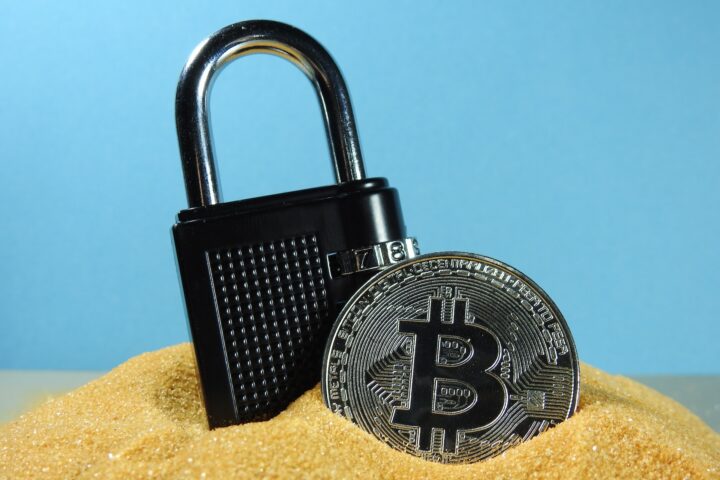Wallet keys are essential in cryptocurrency for protecting your digital possessions. It’s critical to comprehend how wallet keys, both public and private keys, function to safeguard your cryptocurrency assets adequately. In this extensive article, we will go into the ideas of wallet keys, especially public and private keys. We will examine their importance, usefulness, and the steps you can take to safeguard your wallet keys.
What are Wallet Keys?
Public and private keys—or wallet keys—are cryptographic codes that provide the basis for safe transactions and ownership confirmation in the cryptocurrency ecosystem. Public keys are created from private keys and are used to receive payments. They are also known as wallet addresses or public wallet keys. Private or wallet keys serve as encrypted passwords that allow access to and management of the money kept in a specific wallet address.
The Importance of Public Wallet Keys
Anyone can transfer money to their wallet using public wallet keys, also known as wallet addresses. These may be freely shared because their only objective is to collect money. Cryptographic techniques are used to produce public wallet keys from private wallet keys, guaranteeing that each wallet has a distinct address attached to it.
The Significance of Private Wallet Keys
The secret codes that grant ownership and control over the money in your wallet are private or wallet keys. Your private wallet key must be kept private and safe. You risk losing access to your money if your private wallet key is lost or compromised. Private wallet keys are particularly challenging to guess or reverse-engineer since they are randomly generated using sophisticated cryptographic methods.
Generating and Storing Wallet Keys
Your wallet keys must be generated and stored securely if you want to guarantee their security. Use trustworthy hardware wallets or software wallets that provide dependable key generation processes. Give strong, random keys that can withstand brute-force assault priority while generating wallet keys. A hardware wallet, encrypted digital storage, or a well-secured offline medium like a paper wallet are good places to keep your private wallet key.
Protecting Wallet Keys
You must protect your wallet keys to stop illegal access to your money. Use the following recommendations to strengthen the security of your wallet key:
- Employ solid, one-of-a-kind passwords to encrypt and safeguard your wallets.
- For further protection, enable two-factor authentication (2FA).
- Update your wallet software often to take advantage of the most recent security fixes.
- Be wary of phishing scams and harmful software that tries to take your wallet’s keys.
- To increase security, consider adopting a multi-signature (multisig) feature in which several wallet keys are required to approve transactions.
Backup and Recovery
A necessary precaution to take in the event of loss, theft, or technical failure is to back up your wallet keys. Create a reliable backup plan to guarantee that you have several copies of your wallet keys safely stored. You can recover your money in an emergency if you have a copy of your private wallet key or the mnemonic phrase that goes with it.
For your cryptocurrency assets to be secure, it’s crucial to comprehend and manage your wallet keys, including the private and public keys. You can guarantee the security of your digital assets by keeping your wallet keys and putting best practices to use to protect them, such as adopting secure storage solutions and using effective authentication procedures. To preserve control over your wallet and safeguard your financial future, prioritize the security of the keys that open the door to your money.
